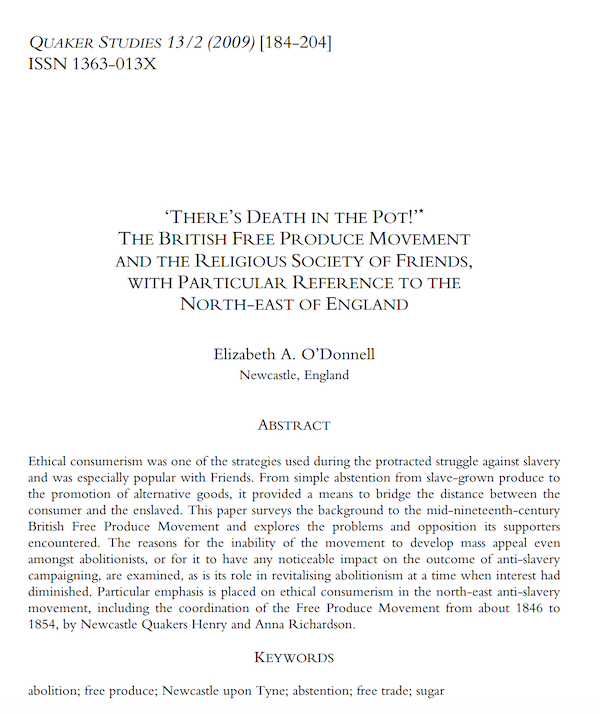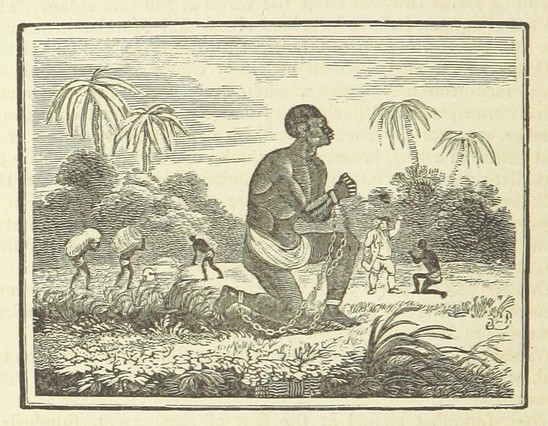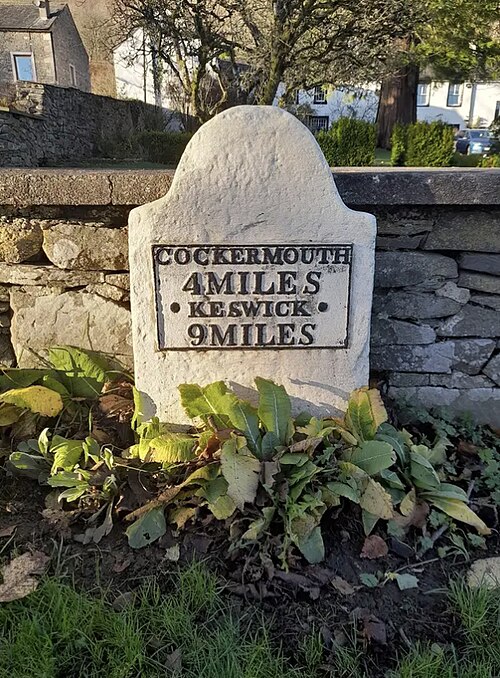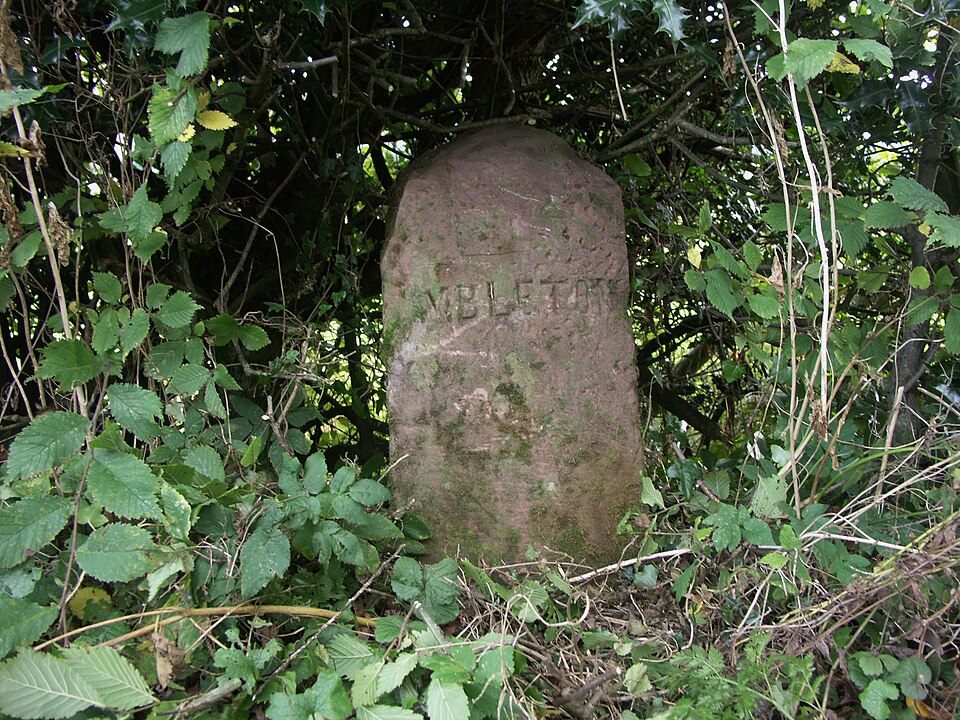‘THERE’S DEATH IN THE POT!’* THE BRITISH FREE PRODUCE MOVEMENT AND THE RELIGIOUS SOCIETY OF FRIENDS, WITH PARTICULAR REFERENCE TO THE NORTH-EAST OF ENGLAND

-
Description
O’Donnell A.E., Quaker Studies (2009) [184-204]. Abstract: Ethical consumerism was one of the strategies used during the protracted struggle against slavery and was especially popular with Friends. From simple abstention from slave-grown produce to the promotion of alternative goods, it provided a means to bridge the distance between the consumer and the enslaved. This paper surveys the background to the mid-nineteenth-century British Free Produce Movement and explores the problems and opposition its supporters encountered. The reasons for the inability of the movement to develop mass appeal even amongst abolitionists, or for it to have any noticeable impact on the outcome of anti-slavery campaigning, are examined, as is its role in revitalising abolitionism at a time when interest had diminished. Particular emphasis is placed on ethical consumerism in the north-east anti-slavery movement, including the coordination of the Free Produce Movement from about 1846 to 1854, by Newcastle Quakers Henry and Anna Richardson. -
Owner
Quaker Studies -
Source
Local (Co-Curate) -
License
What does this mean? Unknown license check permission to reuse
-
Further information
Link: https://online.liverpooluniversitypress.co.uk/doi/pdf/10.3828/quaker.13.2.184
Resource type: Text/Website
Added by: Simon Cotterill
Last modified: 5 years, 8 months ago
Viewed: 598 times
Picture Taken: Unknown -
Co-Curate tags




